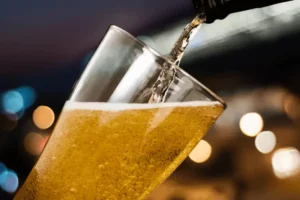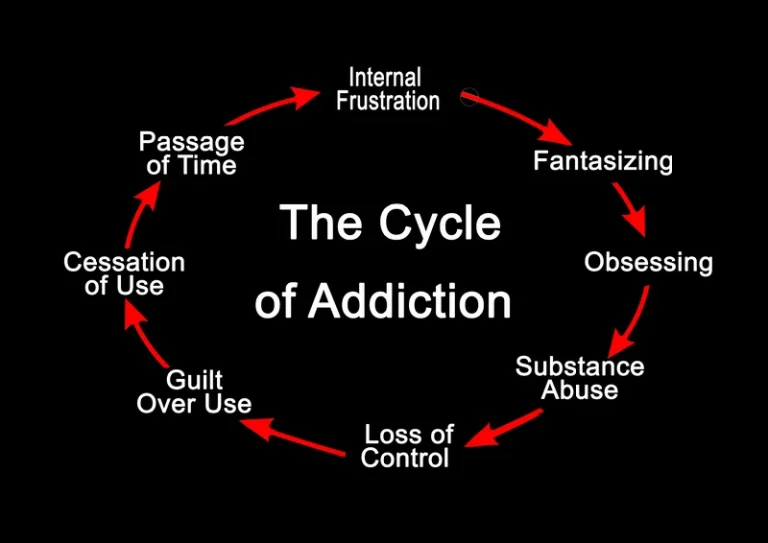
Within a few minutes of drinking alcohol, and for up to 12 hours afterward, alcohol can cause your blood glucose level to drop. After consuming alcohol, always check your blood glucose level to make sure it is in the safe zone. Alcohol can cause blood glucose levels to rise or fall, depending on how much you drink. Some diabetes pills (including sulfonylureas and meglitinides) also lower blood glucose levels by stimulating the pancreas to make more insulin. Combining the blood-sugar-lowering effects of the medication with alcohol can lead to hypoglycemia or “insulin shock,” which is a medical emergency.

Diabetes Isn’t Even That Bad –
They show the amount of carbs and sugar in different alcoholic beverages. LDL cholesterol is strongly related to cardiovascular disease and stroke and has been called “bad” cholesterol. Reduction of LDL cholesterol decreases a person’s likelihood diabetes and alcohol of suffering a heart attack or stroke. LDL cholesterol levels tend to be lower in alcoholics than in nondrinkers (Castelli et al. 1977), suggesting that chronic alcohol consumption may have a beneficial effect on cardiovascular risk.
But isn’t it true that moderate alcohol consumption is actually good for your health?
- Drinking alcohol may affect your blood sugar levels, interact with diabetes medications, and contribute to complications.
- Alcohol can also affect other medical conditions you may have, like diabetic nerve damage, diabetic eye disease, and high blood triglycerides.
- Because many of the symptoms of hypoglycemia—such as slurred speech, drowsiness, confusion, or difficulty walking—are also symptoms of being drunk, it can be difficult to tell the two apart.
- However, it does not mean people with type 2 diabetes cannot drink alcohol.
- This is because the liver has to work to remove the alcohol from the blood instead of managing blood sugar levels.
Choose foods that contain carbohydrates so that you have some glucose in your system (meaning, you will be at lower risk of having low blood sugar). Drinking alcohol in moderation has also been linked to a number of other health benefits, such as increasing https://ecosoberhouse.com/ the amount of good cholesterol (HDL) in the blood. This may help lower the risk of heart disease, which you’re at greater risk for if you have type 2 diabetes. When blood sugar levels dip too low, the liver converts glycogen into glucose.

Vomiting while drinking alcohol
Pettus says that it’s OK, and safer, to run a little high when thinking about glucose targets during or after drinking. His bottom line is that it’s better to permit some hyperglycemia (high blood sugar) while drinking, to avoid dangerous lows. Monitoring blood glucose levels closely is an essential part of managing your diabetes in this situation. Even if you have a drink, this may not influence short-term blood glucose levels. 3A standard drink contains 12 grams (approximately 0.5 ounce) of pure alcohol.
- A 16-ounce beer is a common size (versus the standard 12 ounce), as are both 6 and 9 ounce glasses of wine (versus the standard 5 ounce).
- Although alcohol does have an effect on blood sugar levels, with a few precautions and careful management, people with diabetes can also enjoy a drink.
- Keep reading to learn more about how alcohol affects people with diabetes, including types of alcohol and how alcohol may cause hypoglycemia, or low blood sugar levels.
- When consumed on their own, hard liquors provide 0 grams of carbs but may lead to very low blood sugar levels.
- Alcohol reduces blood levels of testosterone and may thereby further exacerbate the existing hormonal deficit.
What to know about type 2 diabetes and alcohol

Your liver will choose to metabolize the alcohol over maintaining your blood glucose, which can lead to hypoglycemia. The liver often makes this choice when you drink without eating food—so consider snacking while you sip. Even for people who don’t have diabetes, drinking too much, too often, can be risky. The Centers for Disease Control and Prevention (CDC) and other federal agencies define that as one drink per day or less for women and two drinks per day or less for men. While alcohol can lower blood sugar levels, it also has the potential to increase them. Regular, long-term use of alcohol has been shown to increase insulin resistance.
Cost of drinking

The combination of alcohol-induced hypoglycemia, hypoglycemic unawareness, and delayed recovery from hypoglycemia can lead to deleterious health consequences. For example, Arky and colleagues (1968) studied five diabetics who experienced severe hypoglycemia after ingesting alcohol. In three patients, those changes did not reverse, even after months or years. The two other patients died as a result of complications indirectly related to their hypoglycemia-induced neurological changes.
